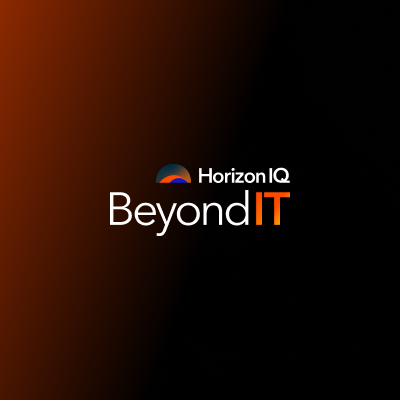
 Healthcare is one of many industries that will be disrupted by Internet of Things (IoT) technologies. To keep you updated, we’ve compiled several recent articles that discuss the potential impact of IoT on the medical field.
Healthcare is one of many industries that will be disrupted by Internet of Things (IoT) technologies. To keep you updated, we’ve compiled several recent articles that discuss the potential impact of IoT on the medical field.
The (Internet Of Things) Doctor Will See You Now – And Anytime
We know that healthcare providers around the world (whether in the public or private sector) are increasingly requiring patients to engage more fully in managing their own state of health. This means health services have to move from a focus on institutional health record management, onward to making that health data available for all patients and their devices. Crucially, doctors must now allow patients to become an active part of the data collection process. This could have a huge impact on the health of nations. Read entire article.
After Big Data—Keep Healthcare Ahead with Internet of Things
In a way, healthcare has spearheaded the forefront of the universal connectivity—some warning signs simply can’t wait for someone to come and check every 6 hours. Telemetry monitors, pulse oximetry, bed alarms are just some examples of how interconnected “things” make for a timely alert system detecting the smallest deviation from normal. One purpose of this near-time update is obvious—early detection leads to early intervention and improved outcome. Read entire article.
Google Takes Aim at Diabetes with Big Data, Internet of Things
Google’s life science team is once again planning to tackle diabetes with the help of big data analytics and innovative Internet of Things technologies. With the formation of a new partnership that enlists the aid of the Joslin Diabetes Center and Sanofi, a multinational pharmaceutical developer, Google hopes to reduce the burden of Type 1 and Type 2 diabetes on both patients and providers. Read entire article.
How The Internet of Things Will Affect Health Care
imagine the value to a patient whose irregular heart rate triggers an alert to the cardiologist, who, in turn, can call the patient to seek care immediately. Or, imagine a miniaturized, implanted device or skin patch that monitors a diabetic’s blood sugar, movement, skin temperature and more, and informs an insulin pump to adjust the dosage. Such monitoring, particularly for individuals with chronic diseases, could not only improve health status, but also could lower costs, enabling earlier intervention before a condition becomes more serious. Read entire article.
Download the Healthcare tech data sheet to learn how Internap provides a HIPAA-compliant environment.


